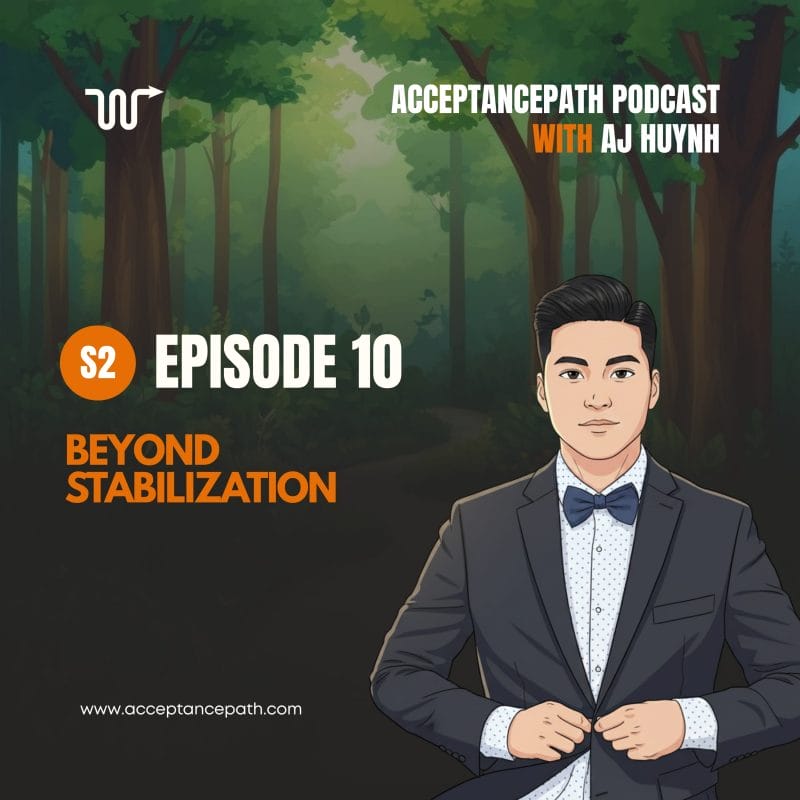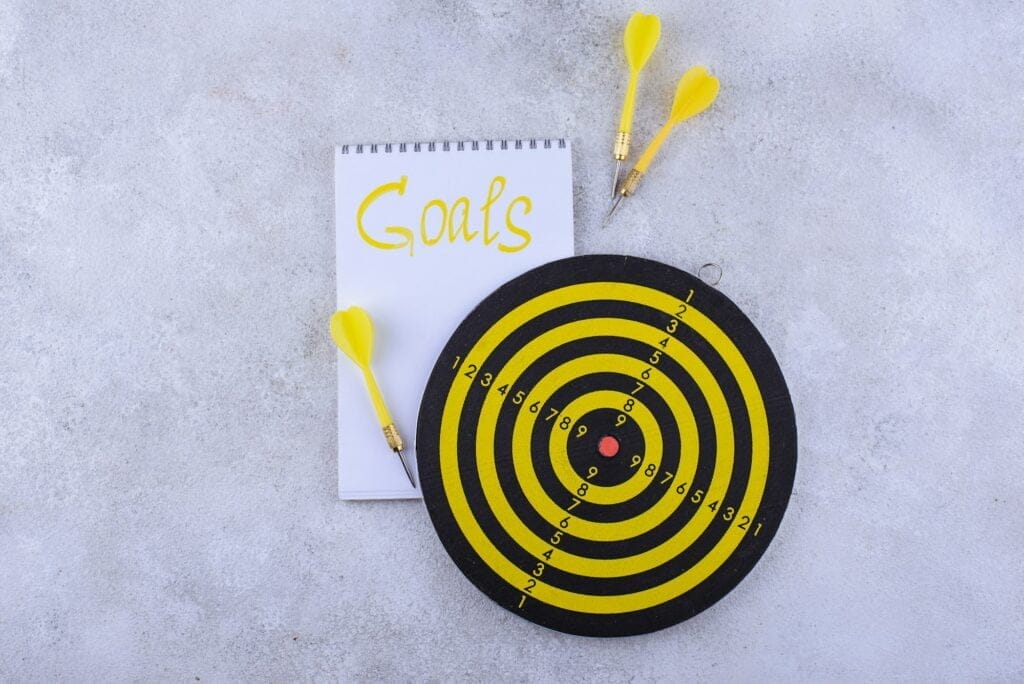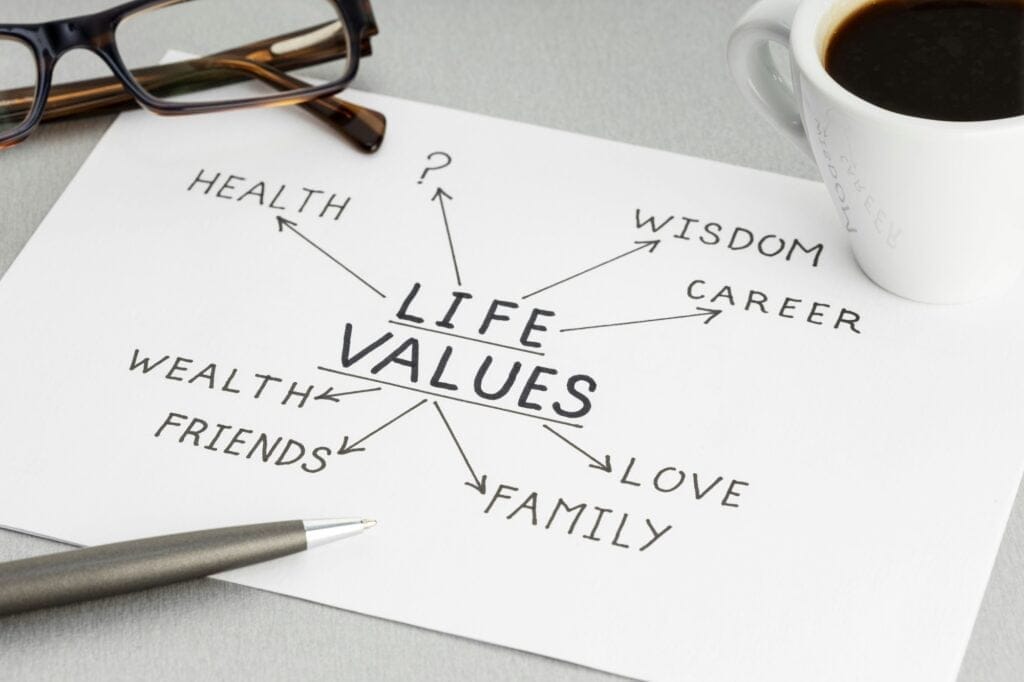
Two mental health experts have joined forces to make an uplifting podcast about well-being and personal growth. We use this show to share fresh and sometimes eye-opening ideas, helping listeners create a more fulfilling life. We’re not pushing any one viewpoint – instead, we’ll bring in guests from all walks of life to expand our understanding of the world. Come along with us as we explore different outlooks together.
You understand your mental health better than ever—but your life doesn’t feel very different. In this episode, AJ explores why the mental health system is designed to explain and stabilize pain, yet often isn’t built to help people live differently.
Learn more about Acceptance Path:
Website:https://acceptencepath.com
Instagram: @acceptancepath
Facebook: Acceptance Path Counseling

In today’s fast-paced world, we often find ourselves caught between what we can do and what we should do. This dilemma is at the heart of personal growth and decision-making. How do we navigate the myriad of choices before us while staying true to our values? Let’s explore some key insights and strategies to help you make choices that align with your personal values and priorities.
The Illusion of Limitless Potential
Many of us grow up with the belief that we can do anything we set our minds to. While this mindset can be empowering, it can also lead to unrealistic expectations. As one of our guests shared, “I never really went into things with the thought that I couldn’t do something.
However, this approach can sometimes backfire. It’s crucial to:
- Set realistic expectations
- Be prepared for potential failure
- Learn from experiences, both positive and negative
Our guest explained, “I like to go into things with the lowest expectation. I literally go into things thinking I’m not going to be good at this at all so that when I do succeed, it’s a win.”
This approach allows for a more balanced perspective, where success is celebrated, and failure is seen as a learning opportunity. It’s about finding a middle ground between optimism and realism.

The Importance of Prioritizing
When we say yes to one thing, we’re inevitably saying no to something else. This concept, known as opportunity cost, is crucial in decision-making. Ask yourself:
- Is this aligned with my personal values?
- What am I giving up by saying yes to this?
- Will this choice bring me closer to my goals?
Our guest emphasized the importance of knowing your priorities: “The way I prioritize what’s important is based on my personal values and my principles.” This approach helps in making decisions that are true to who you are and what you believe in.
Ethical and Moral Considerations
Just because we can do something doesn’t mean we should. Our actions should reflect our personal values and principles. As our guest put it, “At the end of the day, the only prayer I can pray is give me the strength to stay a good person.”
Consider:
- How will this decision reflect on me?
- Am I comfortable with others knowing about this choice?
- Does this align with the person I want to be?
Our guest shared a personal experience that highlighted this point: “I cut off someone and then I saw them later in the parking lot… It was someone I actually knew… I failed someone. It wasn’t a random stranger. It was someone who knew me and knew my car. And now I look like that person that I do not want to be.”
This experience underscores the importance of aligning our actions with our personal values, even in seemingly small decisions.

Strategies for Effective Decision Making
- Time Management: Recognize that there are only so many hours in a day. Don’t overcommit. Our guest advised, “There’s only so many hours in the day, so I can only do so much. So learning to not over commit.”
- Self-Awareness: Understand your strengths, weaknesses, and limitations. “I’m not going to say yes to something, and I’m going to bungle it because I got other things going and I’m not able to give it my all,” our guest explained.
- Value Alignment: Ensure your choices reflect your personal values and priorities. “My yeses and my nos are also based on my values and my principles,” our guest shared.
- Mindfulness: Be present in the moment and consider the long-term consequences of your actions. Our guest emphasized the importance of reflecting at the end of each day: “Ensuring that at the end of the day, when I look back at the day that I’ve gone through, am I happy with how I went through that day? Was I a good person?”
- Compassionate Communication: When saying no, do so in a way that affirms the other person. Our guest suggested, “I say no, but I say no again in a way that it can be perceived as a positive.”
- Flexibility: Be open to adjusting your approach based on new information or changing circumstances. Our guest shared how she adapts her counseling style to different clients, showing the importance of flexibility.
- Reflection: At the end of each day, ask yourself if you’re satisfied with how you spent your time and energy. This practice can help you identify patterns and make adjustments to better align your actions with your personal values.
The Power of Experimentation
Sometimes, the best way to determine if something aligns with our personal values is to try it. Keep your expectations realistic and be open to learning from the experience. As one expert shared, “Focus on doing and experimenting, rather than overthinking.”
This approach was illustrated by a study mentioned in the podcast: a professor split his classroom into two groups for a photography project. One group was graded on quantity (taking as many pictures as possible), while the other was graded on quality (submitting one perfect photo). Surprisingly, the group focused on quantity produced better results overall.
This experiment highlights the value of taking action and learning through experience, rather than getting caught up in the pursuit of perfection.
Balancing Quality and Quantity
In our pursuit of perfection, we sometimes miss out on valuable experiences. Remember:
- Quantity can lead to quality
- Don’t let the pursuit of perfection paralyze you
- Learn from each attempt, whether successful or not
Our guest shared a personal story that beautifully illustrates this point. She spoke about her mother’s approach to gift-giving: “The 12 days of Luxury… My mom would buy every day. On the 1st through the 13th, I would get a gift from my mom. And sometimes it was small things like maybe even an umbrella. And I’d be like, ‘Oh my gosh, I needed an umbrella.’ There would be practical gifts.”
This approach to gift-giving demonstrates how focusing on quantity (multiple small gifts) can lead to quality experiences and meaningful moments.
Conclusion
Navigating the balance between what we can do and what we should do is an ongoing process. By aligning our actions with our personal values, setting realistic expectations, and being mindful of our choices, we can make decisions that lead to personal growth and fulfillment.
Remember, it’s not about doing everything – it’s about doing the right things for you. As you face each decision, ask yourself: “I can, but should I?” Your answer will guide you towards a life that’s true to your personal values and aspirations.
By consistently applying these principles and strategies, you’ll develop a stronger sense of purpose and direction in your life. You’ll find yourself making choices that not only benefit you in the short term but also contribute to your long-term happiness and success. The ability to say yes to the right opportunities and no to those that don’t align with your personal values is a powerful skill that will serve you well in all aspects of your life.



